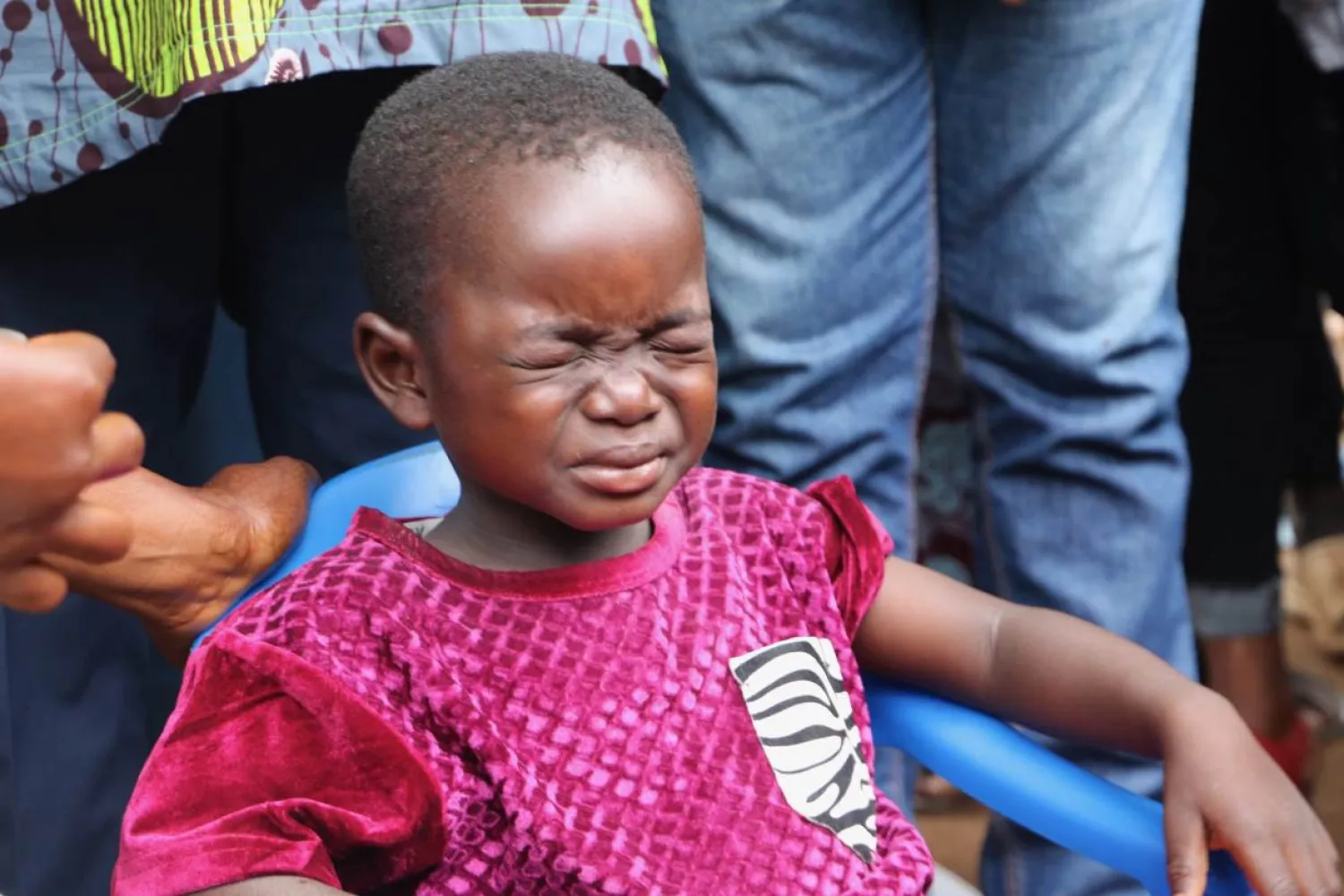Malaria is an ancient scourge, but it's still leaving its mark on the human genome. And now, researchers have uncovered recent traces of adaptation to malaria in the islanders of Cabo Verde -- thanks to a genetic mutation, inherited from their African ancestors, that prevents a type of malaria parasite from invading red blood cells.
The findings represent one of the speediest, most dramatic changes measured in the human genome.
An archipelago of ten islands in the Atlantic Ocean some 385 miles offshore from Senegal, Cabo Verde was uninhabited until the mid-1400s, when it was colonized by Portuguese sailors who brought enslaved Africans with them and forced them to work the land.
The Africans who were forcibly brought to Cabo Verde carried a genetic mutation, which the European colonists lacked, that prevents a type of malaria parasite known as Plasmodium vivax from invading red blood cells. Among malaria parasites, Plasmodium vivax is the most widespread, putting one third of the world's population at risk.
People who subsequently inherited the protective mutation as Africans and Europeans intermingled had such a huge survival advantage that, within just 20 generations, the proportion of islanders carrying it had surged, the researchers report.
Other examples of genetic adaptation in humans are thought to have unfolded over tens to hundreds of thousands of years. But the development of malaria resistance in Cabo Verde took only 500 years.
"That is the blink of an eye on the scale of evolutionary time," said first author Iman Hamid, a Ph.D. student in assistant professor Amy Goldberg's lab at Duke University.
The researchers analyzed DNA from 563 islanders. Using statistical methods they developed for people with mixed ancestry, they compared the island of Santiago, where malaria has always been a fact of life, with other islands of Cabo Verde, where the disease has been less prevalent.
The team found that the frequency of the protective mutation on Santiago is higher than expected today, given how much of the islanders' ancestry can be traced back to Africa versus Europe.
The team's analyses also showed that as the protective mutation spread, nearby stretches of African-like DNA hitchhiked along with it, but only on malaria-plagued Santiago and not on other Cabo Verdean islands.
Together, the results suggest that what they were detecting was the result of adaptation in the recent past, in the few hundred years since the islands were settled, and not merely the lingering imprint of processes that happened long ago in Africa, The Science Daily website reported.









